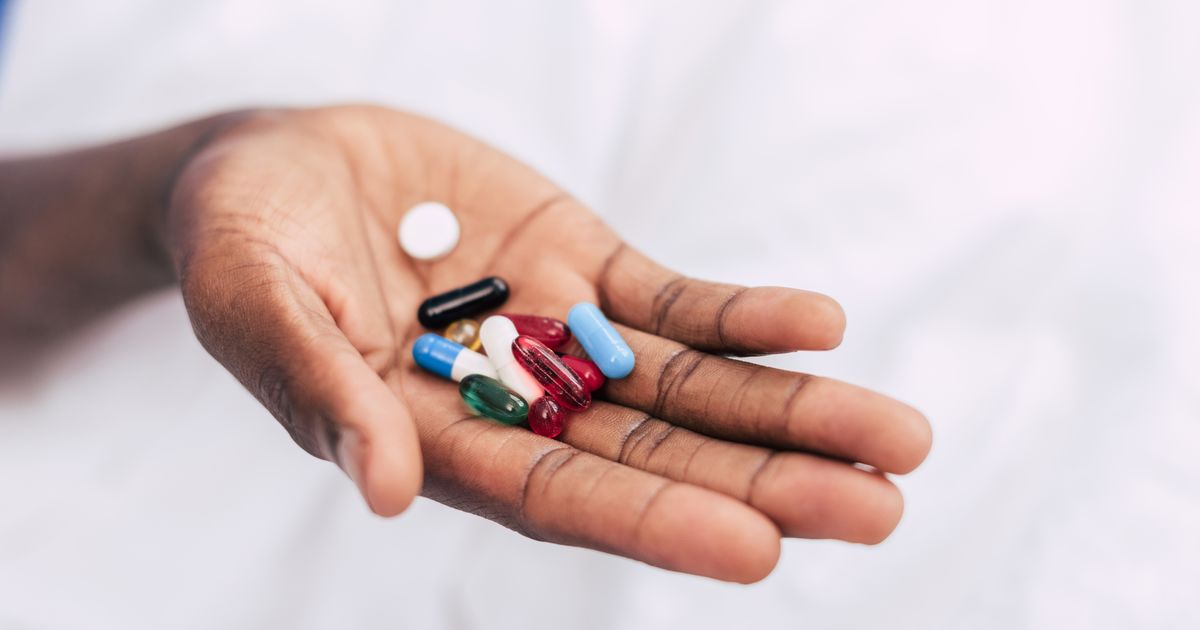Recommendations For Treating Excoriation
Medications
Medications may be necessary for patients with moderate to severe forms of excoriation. The most commonly prescribed medications for this condition are selective serotonin reuptake inhibitors, which are a type of antidepressant, and can help patients who pick their skin by reducing the anxiety and depression that can trigger episodes. Many selective serotonin reuptake inhibitors are available in both tablet and liquid formulations. Patients taking this kind of medication should be closely monitored by their healthcare team for changes in mood, increased aggression, and memory changes. Possible side effects include insomnia, diarrhea, constipation, dry mouth, agitation, restlessness, feeling nervous, nausea, headache, and blurred vision.
Get the details on the next way of treating excoriation now.
Cognitive Therapy

Cognitive therapy is generally the core treatment for excoriation. It includes many possible approaches, and habit reversal is considered the most effective in current literature. Psychologists often use a form of therapy known as acceptance and commitment therapy to supplement habit reversal. This therapeutic technique encourages patients to recognize their urges to engage in skin picking and let them pass without feeling the need to respond. If necessary, clinicians frequently employ dialectic behavior therapy during the treatment process. This approach teaches patients how to better regulate their emotions. Patients also learn strategies to help them tolerate the discomfort, urges, and unpleasant feelings that may emerge. Cognitive therapy can take several months of work before patients begin to feel better, so it is important not to give up on the treatment in the early stages. Psychologists encourage patients to have social support and to celebrate small victories as their treatment progresses. Many patients need to have therapy sessions at least once a week.
Get details on more recommendations for treating excoriation now.
